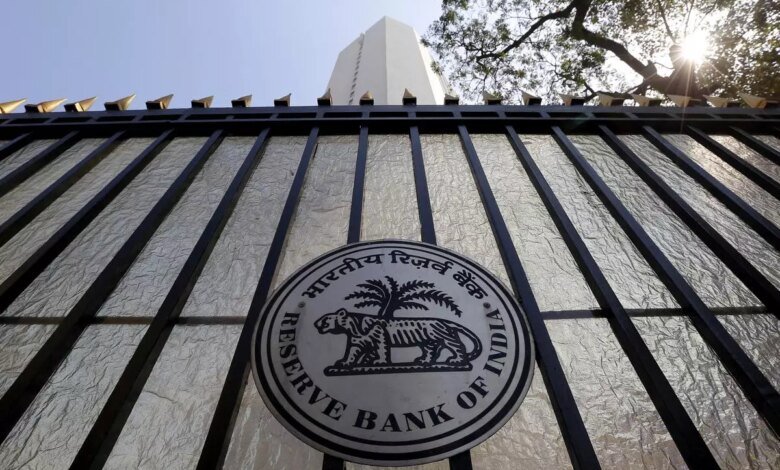RBI relaxes overseas investment rules for offshore funds

The Reserve Bank of India has allowed listed Indian companies and resident individuals to invest in offshore funds that are regulated through their fund managers. These investments can be in any instrument, regardless of its form, and in funds set up as limited partnerships, LLC, VCCs, companies or trusts.
Until now, overseas portfolio investment (OPI) was permitted only if the ‘funds’ were regulated in their home jurisdiction and the investments were in ‘units’ of the funds.
Several offshore funds are set up as corporate bodies issuing shares/stock or partnership/membership interest, rather than as trusts issuing units. Given the language of the overseas investment framework introduced in 2022, authorised dealer banks started restricting OPI into securities other than units.
Moreover, the banks permitted remittance only where the fund was directly regulated. This also meant that Indian LPs who had already committed capital before the overseas investment framework was introduced met with difficulties in meeting their commitment obligations if the funds were not directly regulated. New funds had to be set up in jurisdictions like the Cayman Islands, Mauritius or GIFT City, to ensure that investment from Indian LPs would be possible, said experts.
“The RBI has now granted general partners the flexibility to establish their funds in commercially favourable jurisdictions without having to worry about whether Indian investments would be permitted. This flexibility was crucial, as the financial services regulators in jurisdictions like Singapore and the US (in some cases), regulate the fund manager rather than the fund itself,” said Parul Jain, Head of Fund Formation, Nishith Desai Associates.
This will re-open the doors for LP investment into Singapore’s Variable Capital Company (VCC) funds as well as funds set up in Delaware, and allow Indian employees of Indian advisory entities to participate in overseas funds, added Jain.
“Authorised dealer banks faced difficulties in permitting LRS fund transfers to VCC funds as they were not directly regulated by the Monetary Authority of Singapore. With the prohibition now lifted, we can expect an increase in investments to such funds from India via the LRS route,” said Neha Malviya Kulkarni, Chief Growth Officer, SuperNAV.
VCC has emerged as a popular vehicle for investment into offshore jurisdictions due to its flexibility relative to many other structures, tax incentives, confidentiality and other benefits. The funds’ umbrella structure helps legally ring-fence the assets and liabilities of each of its sub-funds.
IFSC play
The RBI has also allowed unlisted Indian entities to invest into IFSC funds under the OPI route. Unlisted entities including companies, LLPs and registered partnerships can invest up to half of their last audited net worth into funds registered in the IFSC under the OPI route.
“Under Schedule II of the ODI Regulations, only resident individuals and listed Indian companies were permitted to make fresh OPI in overseas companies or funds. The amendment now allows unlisted Indian entities to invest into IFSC funds. This should boost fundraising in GIFT City for overseas investment,” said Vaibhav Gupta, Partner, Dhruva Advisors.
Source link




